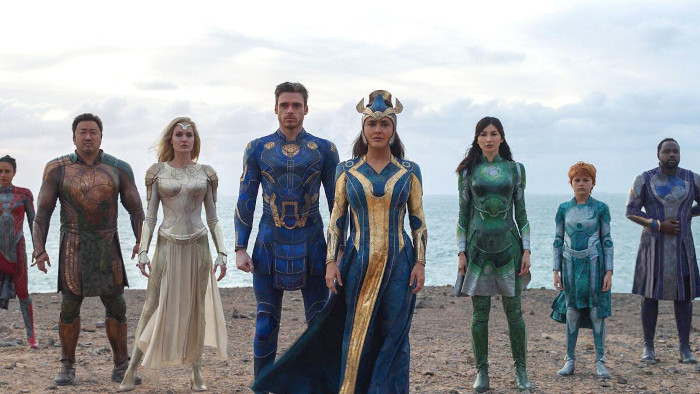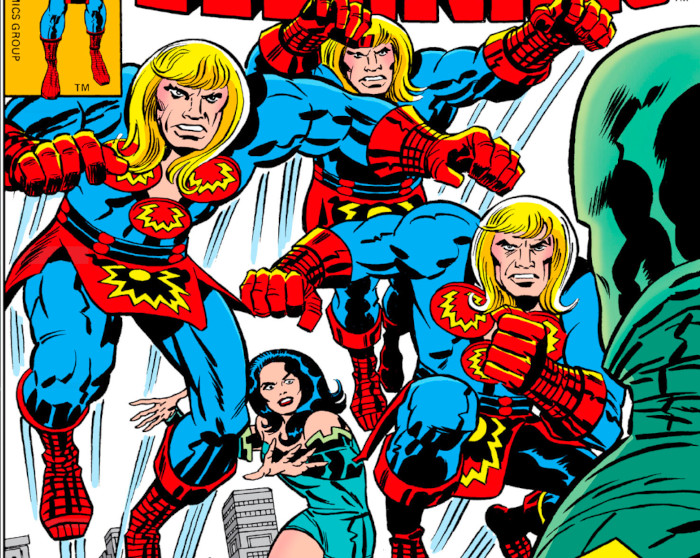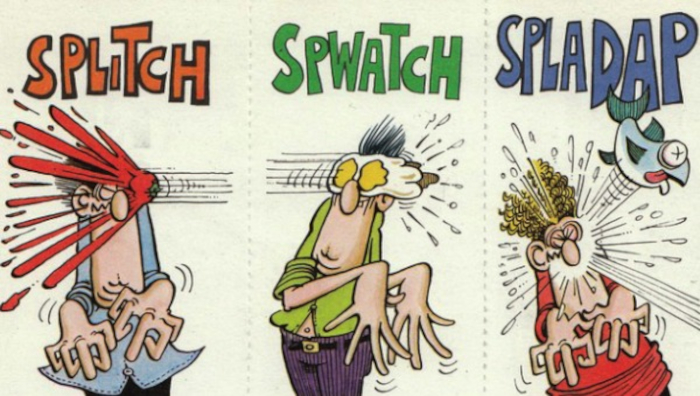
POW! ZAP! Comics may not be for kids anymore, but they still have sound effects! Our own Patrick Ijima-Washburn noticed that Japanese editions of American comics left the sound effects untranslated, and decided to put together a book on how common English sound effects should be translated. Life being what it is, it took well over a decade, but the book is finally out digitally, in both Japanese and English! This time Patrick joins Tim to talk about the genesis of the book, some sound effects trivia (what comic strip first used “ZZZZ” for snoring? Who originated adding “ker-“ to the beginning of a sound effect?), and take a quiz from Tim: if quoted a sound effect from an actual Marvel comic, can he guess what action it’s supposed to represent?
Brought to you by:
Podcast: Play in new window | Download

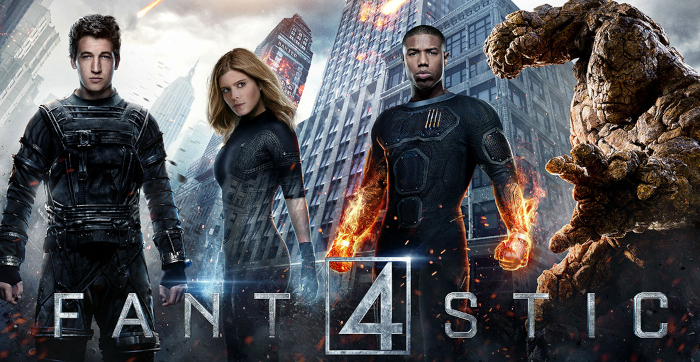
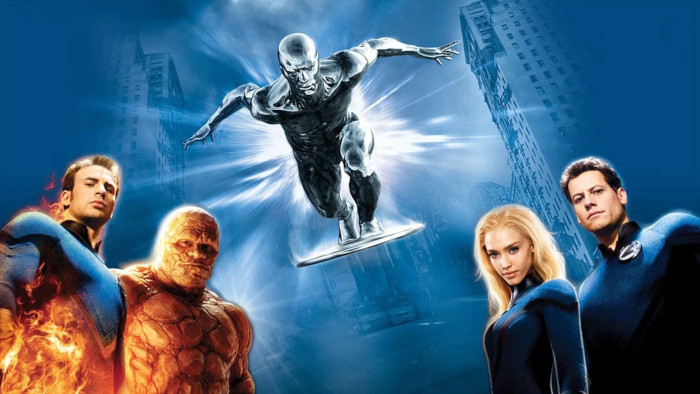
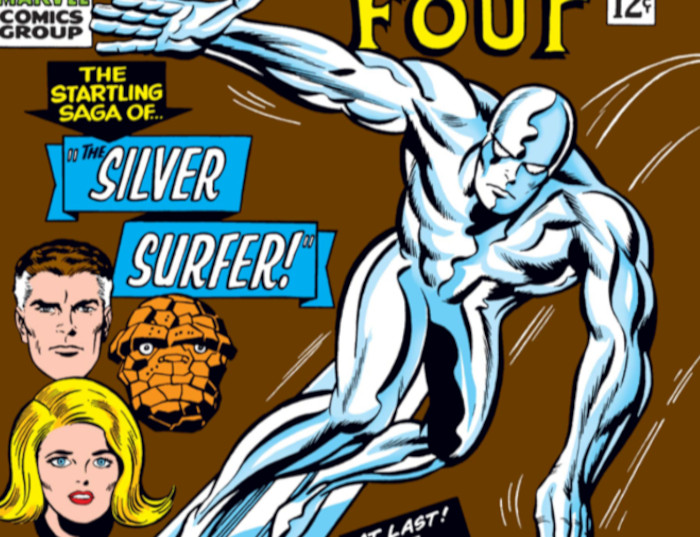
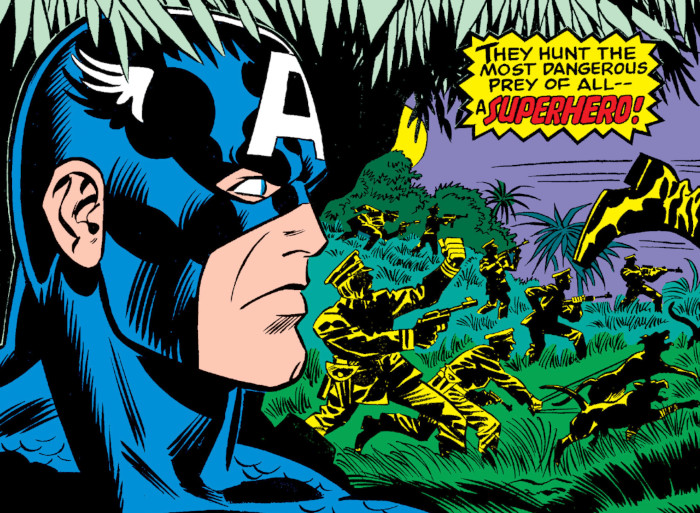
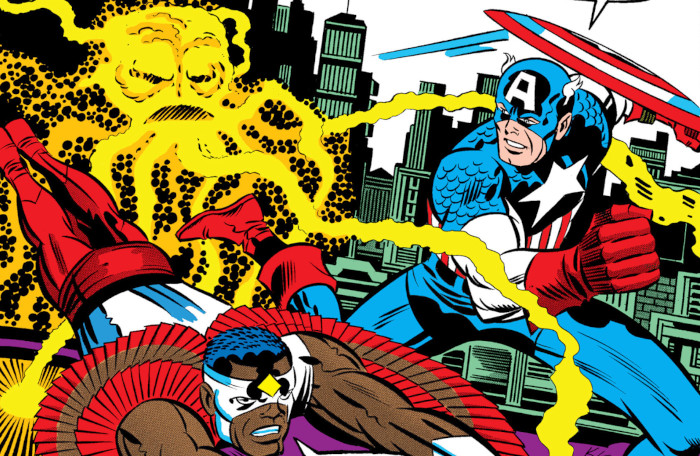
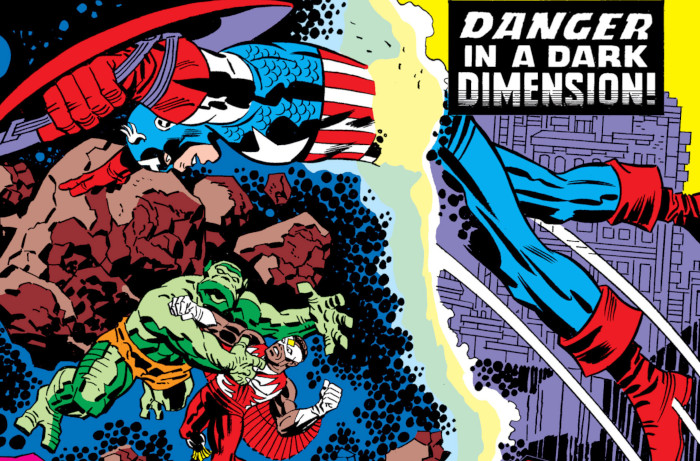
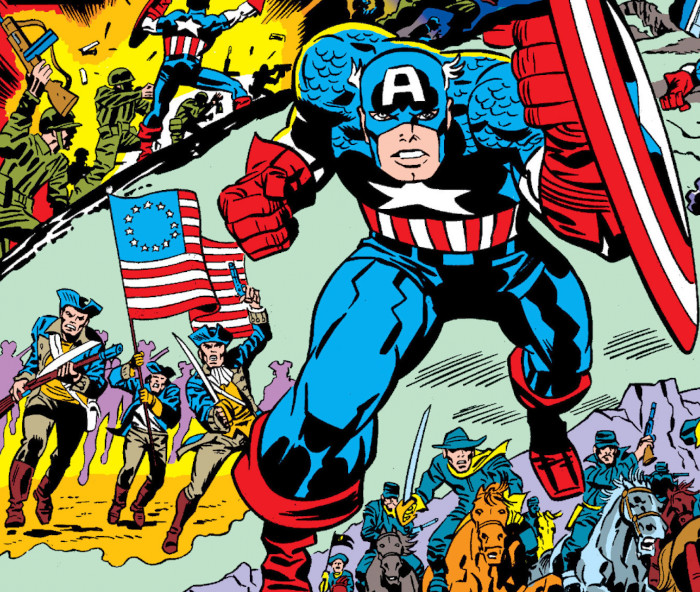 Captain America was the obvious choice of a character to help Marvel celebrate the USA’s bicentennial in 1976. The job of doing that went to Jack Kirby, co-creator of the character. Naturally, that meant a story full of hard-hitting moments, and one that gets a bit treacly at the end, but also doesn’t back away from difficult moments in US history. This week, Tim and Emmet discuss the treasury-size special Captain America’s Bicentennial Battles.
Captain America was the obvious choice of a character to help Marvel celebrate the USA’s bicentennial in 1976. The job of doing that went to Jack Kirby, co-creator of the character. Naturally, that meant a story full of hard-hitting moments, and one that gets a bit treacly at the end, but also doesn’t back away from difficult moments in US history. This week, Tim and Emmet discuss the treasury-size special Captain America’s Bicentennial Battles.